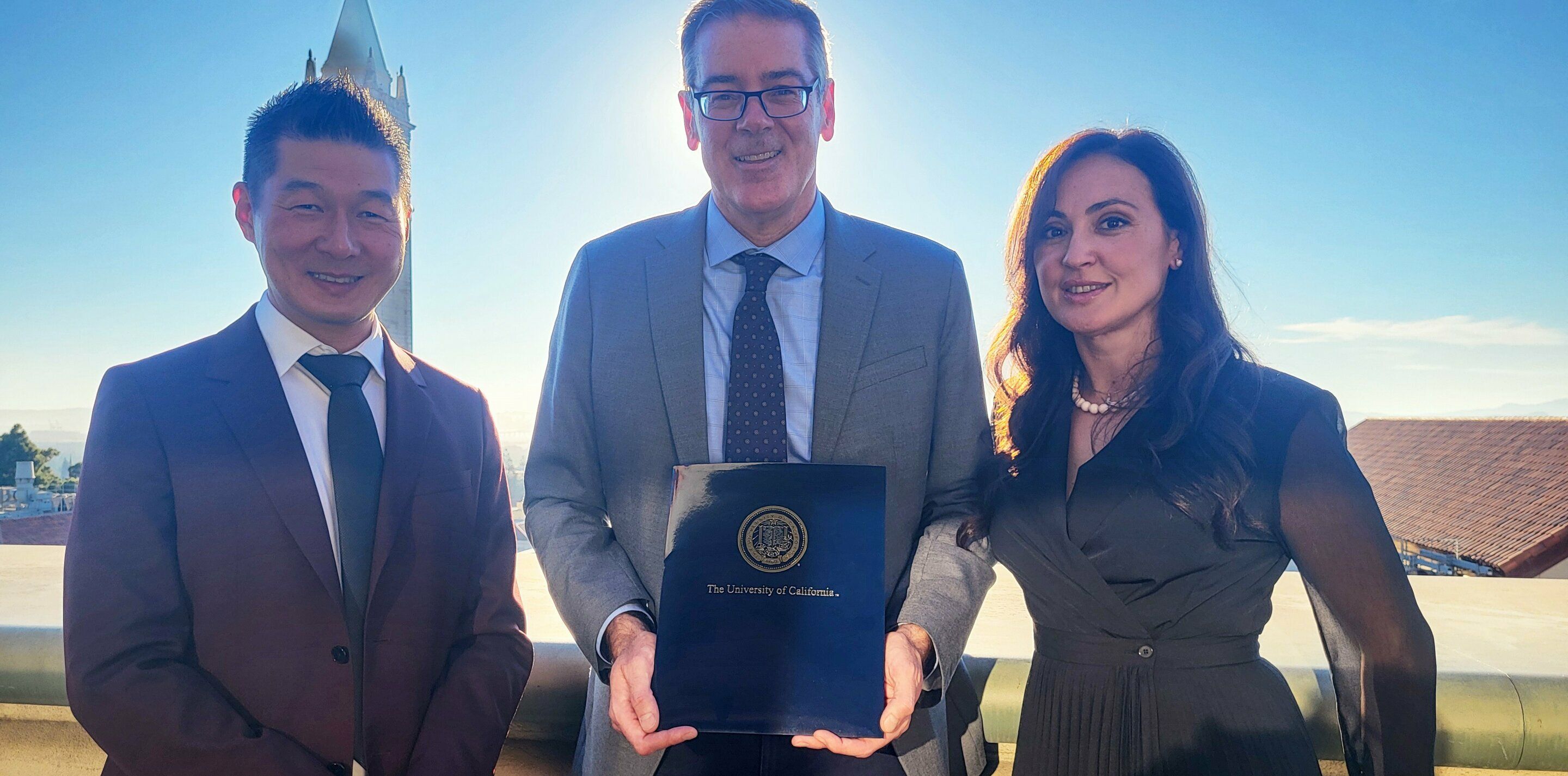Baker Hughes, UC Berkeley Form Institute for Decarbonization Materials
Baker Hughes will fund collaborative research to develop materials for carbon capture, utilization, and storage; hydrogen; and clean power generation, among others.
Baker Hughes and the University of California (UC Berkeley) formed a long-term research partnership: the Baker Hughes Institute for Decarbonization Materials at UC Berkeley’s College of Chemistry. It will link academic research with commercialization to deploy and scale low-cost climate technology, accelerating sustainable energy development. Baker Hughes will fund research to develop materials for carbon capture, utilization, and storage (CCUS), hydrogen, clean power generation, and more.
“Innovation, collaboration, and partnership are critical to building the diversified portfolio of technology solutions necessary to meet the energy demands of today and tomorrow,” said Chris Pin Harry, Vice President of Technology, Industrial & Energy Technology (IET) at Baker Hughes. “Partnering with UC Berkeley’s College of Chemistry is an important step forward in our commitment to sustainable energy development.”
Partnership Breakdown
The partnership will be led by C. Judson King and Jeffrey Long, Professors of Chemistry at UC Berkeley. Long is a materials expert who pioneered metal-organic frameworks (MOFs) for adsorbing CO2, among other molecules, from industrial emissions streams. Daniela Abate, Vice President of CCUS, Climate Technology Solutions at Baker Hughes, and Chris Pin Harry will join the institute’s joint steering committee.
Partnership between Baker Hughes and UC Berkeley; image credit: Baker Hughes

“Our aim is to make materials that not only adsorb gases more efficiently, but also without high energy requirements,” said Professor Long, the Institute’s Executive Director. “As chemists, we know how to adjust materials at the atomic level, but we need partners like Baker Hughes who can scale and industrialize the technology. Lowering emissions is an urgent task, and I am confident that together, we can make scalable, commercially relevant materials that can quickly hit the market and make a difference.”
The first research projects will focus on advanced material design—creating and testing chemical structures like MOFs—and developing gas separation and chemical conversion systems. The projects will use AI and machine learning to advance improved materials and new technology development. Baker Hughes’ financing will support UC Berkeley researchers with materials development and discovery, computational chemistry, advanced characterization, process engineering, and techno economics.
Baker Hughes will shape institute programs based on changing market and customer requirements, potentially scaling discoveries and developments across its own climate technology portfolio.
Baker Hughes Background
This institute complements the company’s climate technology development, such as its CCUS work with Mosaic Materials’ direct air capture (DAC)—acquired in 2022. Mosaic Materials was established in Professor Long’s lab at UC Berkeley, with pilot DAC units presently being tested to quicken deployment at commercial scale.
More News
In mid-November 2024, Baker Hughes agreed to deliver an integrated gas recovery and hydrogen sulfide (H2S) removal system to minimize routine downstream flaring at SOCAR’s Heydar Aliyev Oil Refinery in Baku, Azerbaijan by 2030. Upon completion, the project is expected to:
- Recover flare gas equivalent up to 7 million Nm3 of methane per year
- Reduce CO2 emissions by up to 11,000 tons annually
The company will install its gas recovery and H2S removal system into the refinery’s current infrastructure to mitigate potent greenhouse gas emissions, such as methane and sulfur, and to eliminate dangerous H2S from the facility. SOCAR can use the recovered gas as refinery fuel, reducing overall fuel gas consumption, operating costs, and providing new opportunities to enhance value and efficiency. These systems are part of Baker Hughes’ emissions abatement portfolio, which improves productivity, efficiency, and delivers upscaled value across customer operations.